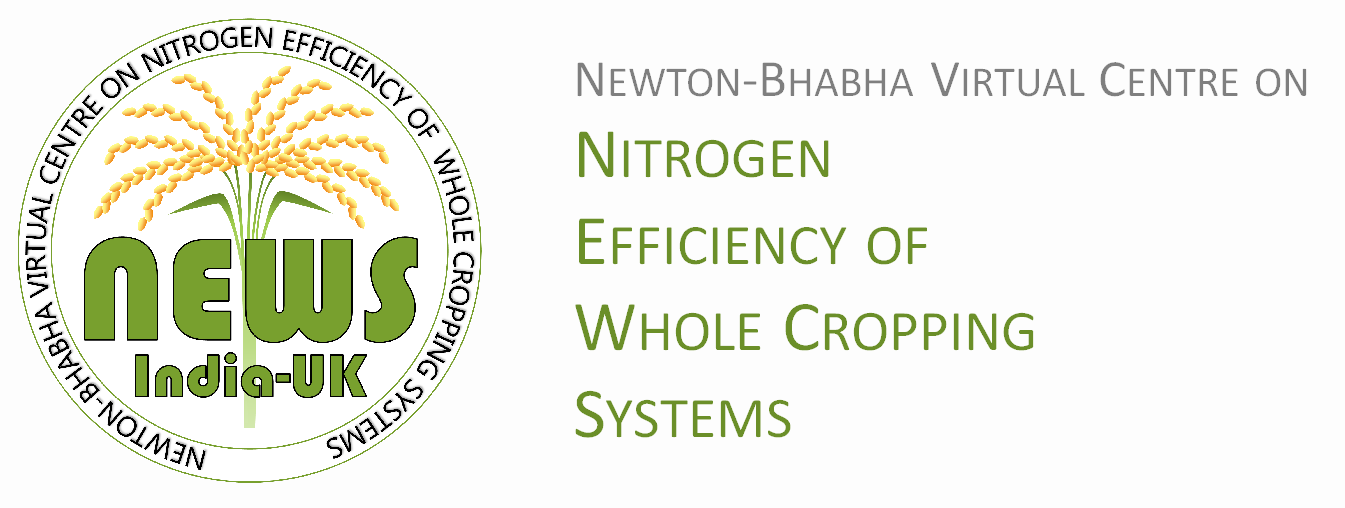I am pleased to share my experiences of my participation at the 5th International Rice Congress, organized by the International Rice Research Institute during 15 – 18 October 2018. It was held at the Hotel Marina Bay Sands in Singapore. This visit was fully sponsored by the NEWS India-UK project. I attended the opening ceremony of the Congress on 15th October 2018, which was followed by a high-level panel discussion: The Future of Rice – Production, Consumption and Trade (Led by: Kundhavi Kadiresan, Assistant Director General and Regional Representative for Asia and the Pacific, FAO). “The world is changing rapidly, and the future world rice economy will look much different than it does today,” said Kundhavi Kadiresan. He further added, “Diets are changing towards fish, meat, fruits and vegetables, although rice will remain the foundation of Asian diets, especially for the poor. Global rice trade is increasing, and climate change is affecting rice production. Furthermore, he emphasized that the objective of the scientific community is to make smallholder farmers more resilient and competitive so that they can achieve prosperity and provide poor consumers with affordable rice in a sustainable manner.
At the conference
With some fellow participants
During the Congress, I attended many technical sessions relevant to my current area of research work. I made two oral presentations pertaining to the research work done in NEWS India-UK project, here, in New Delhi. The first presentation on ‘Field screening of rice genotypes for higher nitrogen use efficiency’ was given in the technical session - Sustainable and equitable farming systems (Moderator: Olivyn Angeles, IRRI) on 17th October 2018. The second presentation on ‘Effect of nitrogen-stressed environments on the root system architecture (RSA) of rice genotypes’ was given in the technical session - System Physiology: Root system (Moderator: Amelia Henry, IRRI) on the same day. There were many questions from the audience in these two presentations, particularly relating to the methodology of root sampling and analysis. Audience were also curious to know the reasons for varietal differences in nitrogen use efficiency. Most of the participants were of the opinion that the research on enhancing nitrogen use efficiency should be pursued with a greater enthusiasm.
With some speakers and the moderator of the session
With a speaker (on the left) and the session moderator (in the middle)
I also listened to several other speakers in the above two sessions. One speaker (Nguyen Thanh Nghi) discussed the problem of straw burning in Mekong Delta of Vietnam. The current rice straw management practices in that area include primarily burning (89.7%). He proposed that application of composting technology and compost turner can contribute to reduce labor costs in turning composts, creating alternative uses for rice straw, and increasing farmers’ income by adding value to the straw. One speaker from the Philippines (Carlito Baldo Balingbing) showed that the use of a mechanical fertilizer spreader produced a 5-6% yield advantage in rice over manual application with the labor efficiency almost doubled (x1.9) through a reduction of time spent applying fertilizer. Overall, it was a great opportunity to meet and interact with experts from different disciplines of rice research. I have been benefitted immensely by this visit.
With a fellow participant at the poster session
In the end, I wish to thank Prof. Mark Sutton, Prof. N. Raghuram, Prof. Dave Reay, Dr. Andi Móring and other concerned staff of NEWS India-UK for sponsoring my visit. I am also thankful to the ICAR and IARI for permitting me to attend the congress.
Dinesh Kumar


